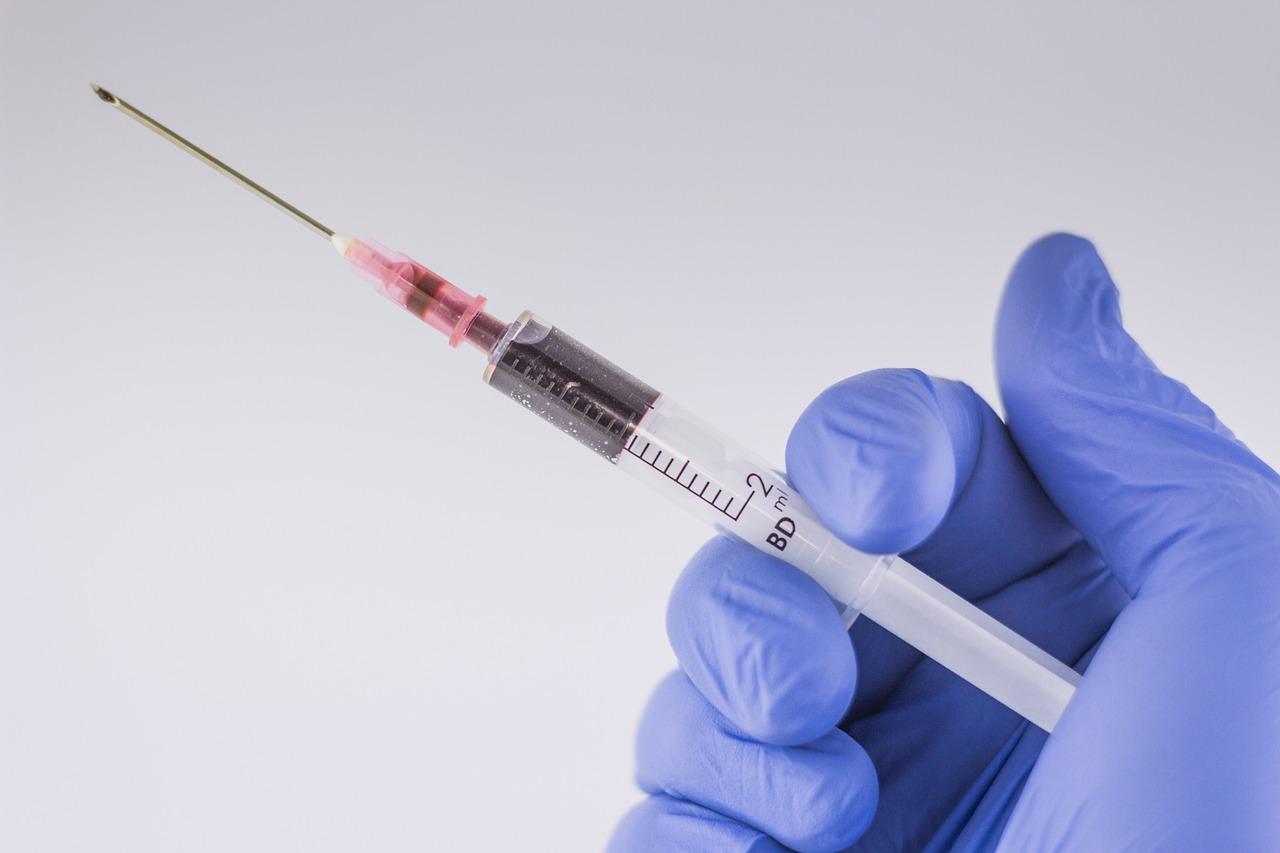Employers and Universities: Work with us?

60 Second Interview: Phlebotomist
Brenda works as a phlebotomist – someone who takes blood from hospital patients. Here, she explains what makes her job so fulfilling and the exciting opportunities it can lead to. Read on to find out how to become a phlebotomist and find out where a career in healthcare could take you.
 Name: Brenda Ruiz
Name: Brenda Ruiz
Company: The Doctors Laboratory (TDL)
Industry: Medicine and healthcare
What is your job? Phlebotomist
How long have you been doing this job? I have worked for TDL for a year and a half but I became a phlebotomist nearly 12 years ago.
Education
University: Tarrant County College South Campus, Texas
Degree subject: Nursing
School qualifications: Biology, anatomy and physiology,chemistry, English, history, sociology, algebra
1. What was your very first job?
My first job was at KB Toys as a cashier when I was 16 years old. I was in high school so I worked mainly at weekends and one shift during the week.
2. What did you want to do when you were at school?
I knew I always wanted to work in the medical field but I wasn’t sure exactly what I wanted to do.
3. How did you find out about the industry?
Through my aunt who was a nurse.
4. How did you become a phlebotomist?
I applied as a porter to Texas Health Harris Methodist Hospital and started from there. I loved working in A&E so much that I always volunteered for their department as the other porters preferred working in other departments in the hospital.
Six months later there was an opening in the radiology department as the data entry operator. I worked there for a year until I studied a nursing assistant course and became a patient care technician for the A&E department.
5. What is a typical day like?
In London it starts with roughly an hour commute to work and then the "busy-ness" starts. I prefer the clinic to be busy, and living in London you meet so many different people, which can be interesting. We grab the request form and go over the tests, what tubes are needed and if there are any special requirements for them to go to the lab.
Once that’s done we call the patient, take them to the phlebotomy room and we introduce ourselves, check their details and ask them how they handle blood test. This is always good to know because if they have a history of fainting, you’ll be a bit prepared for it!
6. What’s the best thing about your job?
I learn something new every day as I do so many different tests on people. Working in the A&E department was always about stabilising patients and getting them to certain units. As a phlebotomist you understand what certain tests will tell you and what the doctor is looking for. You also get regulars who look for you as they trust your skills.
7. What is the most challenging thing about your job?
Some people have veins that can be difficult to take blood from, but it will make you a better phlebotomist in the end – so always take the challenge! You have to keep in mind that some patients who come in for blood tests are sick and can be extremely nervous about receiving their results.
8. What advice do you have for people who want to become a phlebotomist?
It’s important to have compassion for your patients and a desire to help people.
I would recommend doing a detailed course at an NHS hospital, this would allow you the opportunity to take blood from one hundred patients by the end of the course! After that you will need to volunteer at hospitals and GP clinics to build up your CV and experience.
9. What things do you wish you’d known before becoming a phlebotomist?
Phlebotomy is a good starting point to further your career in pathology (studying what causes diseases and how they affect people). You can gain some good experience if you’re interested in working in a lab as a medical technician or a research laboratory technologist etc.
10. Where would you like to be in 5 years?
I’m originally from the US and would like to move back to Texas in a few years to further my career as a clinical laboratory support technician. In this job, I’d look at blood and other specimens from patients to help doctors work out what is wrong with them.
If reading about Brenda's experiences has inspired you, find out how to become a phlebotomist or pursue any other medical career in our medicine and healthcare career zone.
